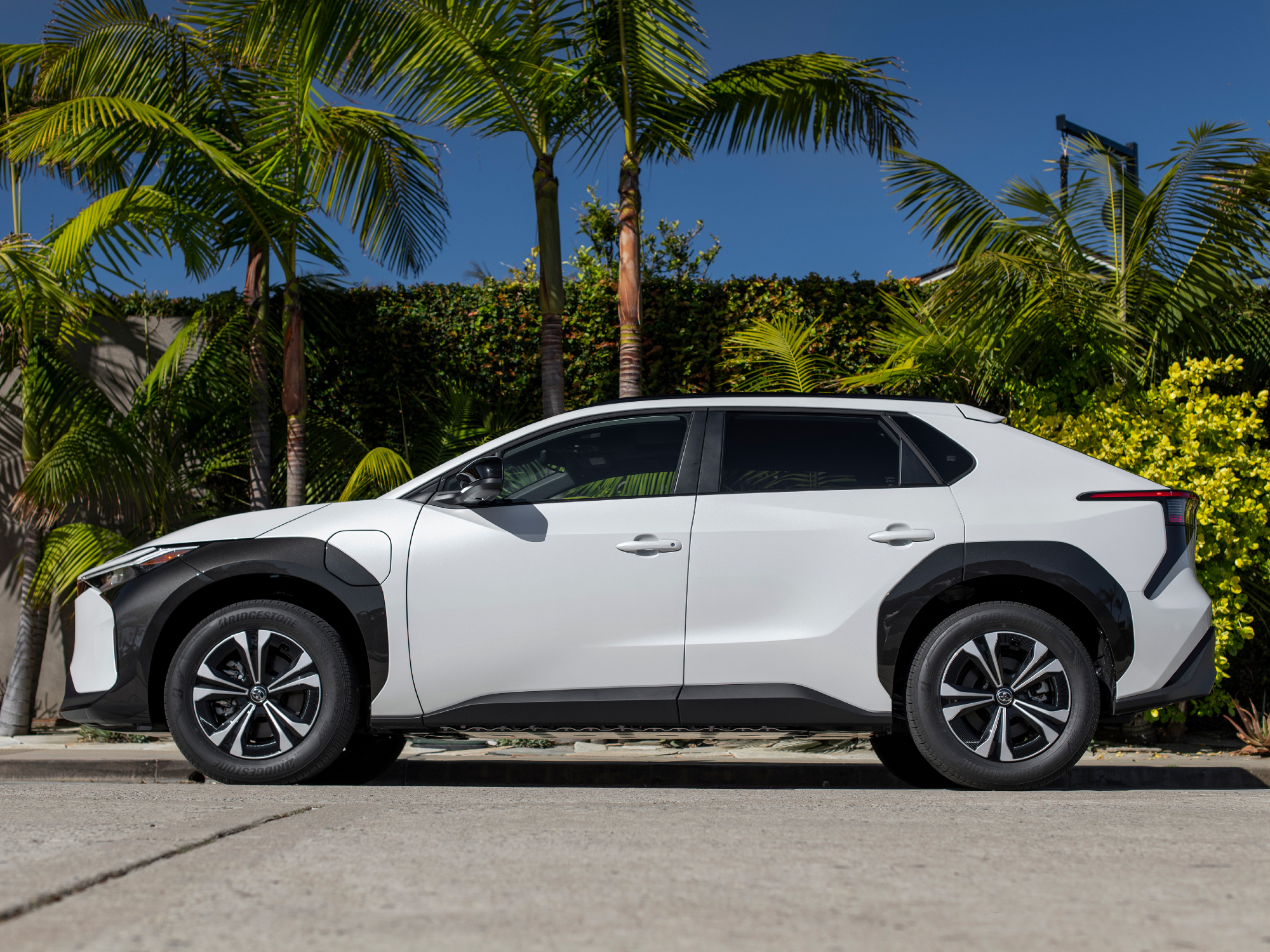
Toyota is pumping $1.3 billion more into its North American factories as it brings EV production to its Kentucky plant. That production will include the bZ4X — the company’s all-electric SUV which is currently in its second model year. Toyota’s American factory will also assemble a new three-row SUV, the exact details of which have yet to be announced. That new SUV is designed to be sold in the U.S. market.
The money is part of over $17 billion that Toyota says it is investing in its U.S. manufacturing operations as it gets ready to begin producing electric vehicles en masse. The Japanese company has invested nearly $10 billion in the plant since operations began there in 1986.
Kerry Creech, president of Toyota Kentucky, stated that the announcement “reflects our commitment to vehicle electrification and further reinvesting in our U.S. operations” before adding, “Generations of our team members helped prepare for this opportunity, and we will continue leading the charge into the future by remaining true to who we are as a company and putting our people first for generations to come.”
Beyond the increased capabilities and commitment to building its upcoming electric vehicles in the geographical areas in which they’ll be sold, the $1 billion investment also promises increased job security for the nearly 10,000 workers at Toyota’s Kentucky plant. But the benefits are likely to be passed on to customers in a significant way, too.

The investment may pay off for customers
While Toyota has produced cars in the U.S. for decades, and this particular investment is likely to make life easier as the company shifts focus towards EVs, there’s a lot more to it than that. Current EV subsidy rules, which knock up to $7,500 off the price of a new vehicle, require many of the vehicle’s battery components to be assembled in North America with materials sourced from the region.
Current qualifying EVs must also be within certain price ranges. Regular EVs must cost under $55,000, while trucks and SUVs can retail for up to $80,000 and still qualify. This may not be much of a struggle for Toyota, but other restrictions do apply. The vehicle itself must undergo final assembly in the United States, its battery capacity must be at least seven kilowatt hours, and it has to weigh less than 14,000 pounds.
Toyota has always priced its vehicles reasonably. When things get a little extravagant, Toyota’s luxury vehicle division, Lexus, tends to have its badge slapped on the final product. So, the money side of things may not matter too much. This investment ensures Toyota’s vehicles have the best chance of qualifying for a full rebate as it expands its range of EVs… given that price is a major deciding factor when it comes to new EV purchases, qualifying for those rebates could mean the difference between success and failure.



